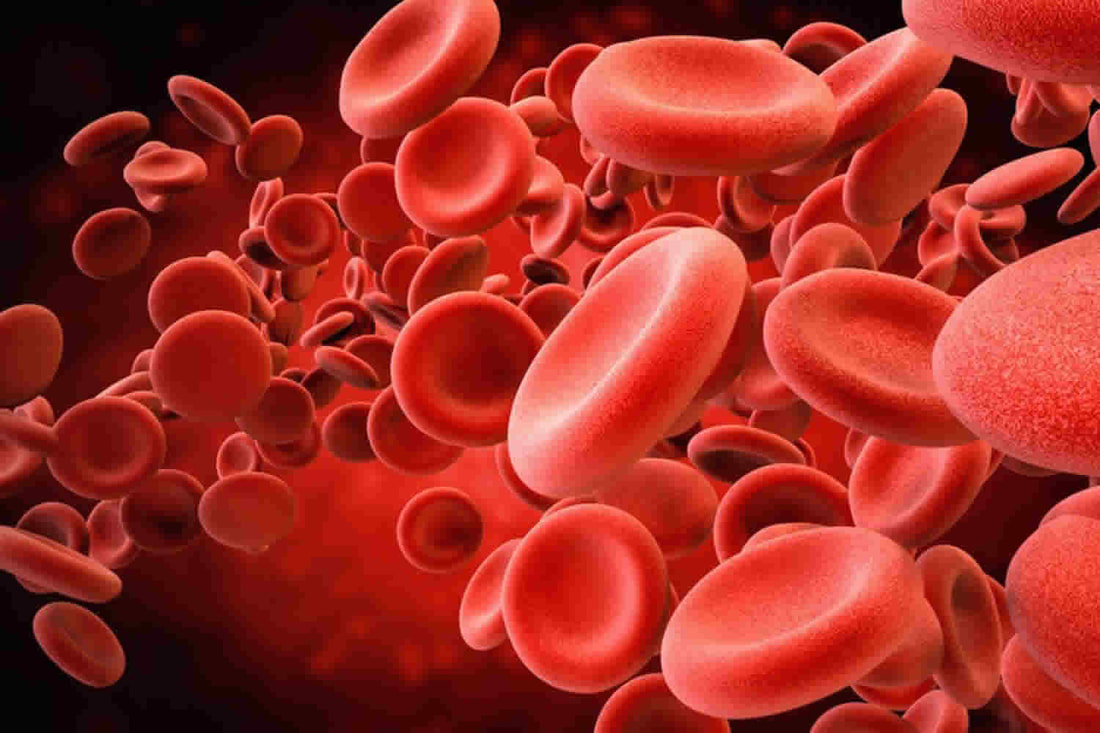What Is Your Blood Type? By Pierre Mouchette | Bits-n-Pieces Many people discover this important and unique information about themselves at some point in life. There are many practical reasons to know your blood type. For example, there is ongoing research into whether blood type can provide information about food sensitivities or whether you are more likely to contract a disease.
What are the components of blood? Blood is made up of four components:
What does it mean to have a particular blood type? Your blood type describes the specific proteins in your red blood cells. While there are four components in your blood, only the red blood cells determine your blood type. Over time, your body will only make antibodies against the proteins your blood cells do not have. That way, your immune system does not attack your blood cells. Instead, it will attack anything that should not be in your body. While that function is usually beneficial, it can also cause serious problems. How many blood types are there? There are four blood types: A, B, AB, and O. Each type has a positive or negative.
What does a negative or positive blood type mean? The positive (+) or negative (-) on the blood type refers to the Rh type. Rh is a protein on red blood cells. If you are Rh-positive, you have the Rh protein on your red blood cells. If you are Rh-negative, you do not have the Rh protein on your red blood cells. And that is why, in addition to ABO type, you have an Rh type. It means you can be Type A positive or negative, Type B positive or negative, and so forth. What is the most common blood type? The most common blood is Type O-positive. What is the rarest blood type? Type AB-negative blood is the rarest of the eight blood types. But, when health care providers talk about rare blood types, they refer to more than just the ABO and Rh groups. Red blood cells have many other proteins, and people with scarce blood types do not have antibodies against some or many of these. It means they can donate blood to people who have severe medical conditions or who need multiple blood transfusions. Because genetics decide these proteins, some rare blood types are only found in certain groups of people. That is why blood donor diversity must match the community's diversity. Why is blood type necessary for blood transfusions? Matching blood types keeps a person from developing severe and life-threatening reactions during blood transfusions. Do not panic if you need a blood transfusion (even in an emergency) and do not know your blood type, do not panic. Your health care team will always verify your blood type before giving you a blood transfusion, even though you already know your blood type. How can I find out what my blood type is? Your physician will order a blood test to determine your blood type. You can also request a blood type test from many online health platforms. Unless it is medically necessary, your insurance might not cover the test. You will probably need to pay for the test to know your blood type. You can also find your blood type for free when you donate blood.
0 Comments
Your comment will be posted after it is approved.
Leave a Reply. |
Archives
May 2024
|
